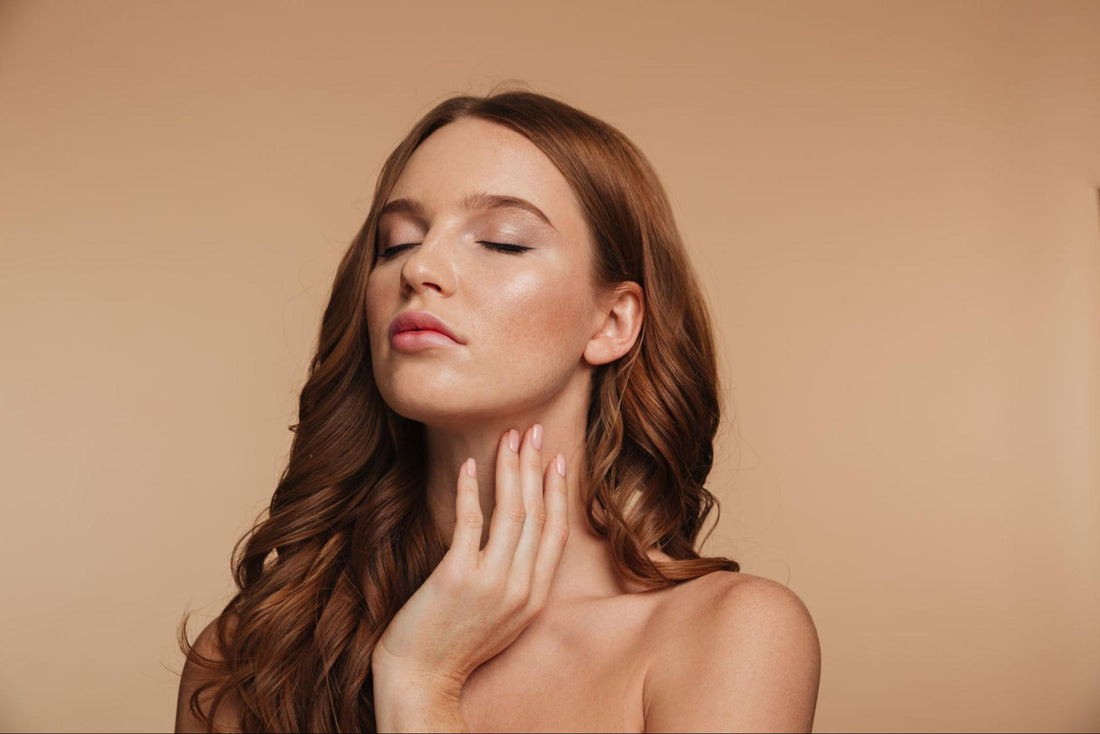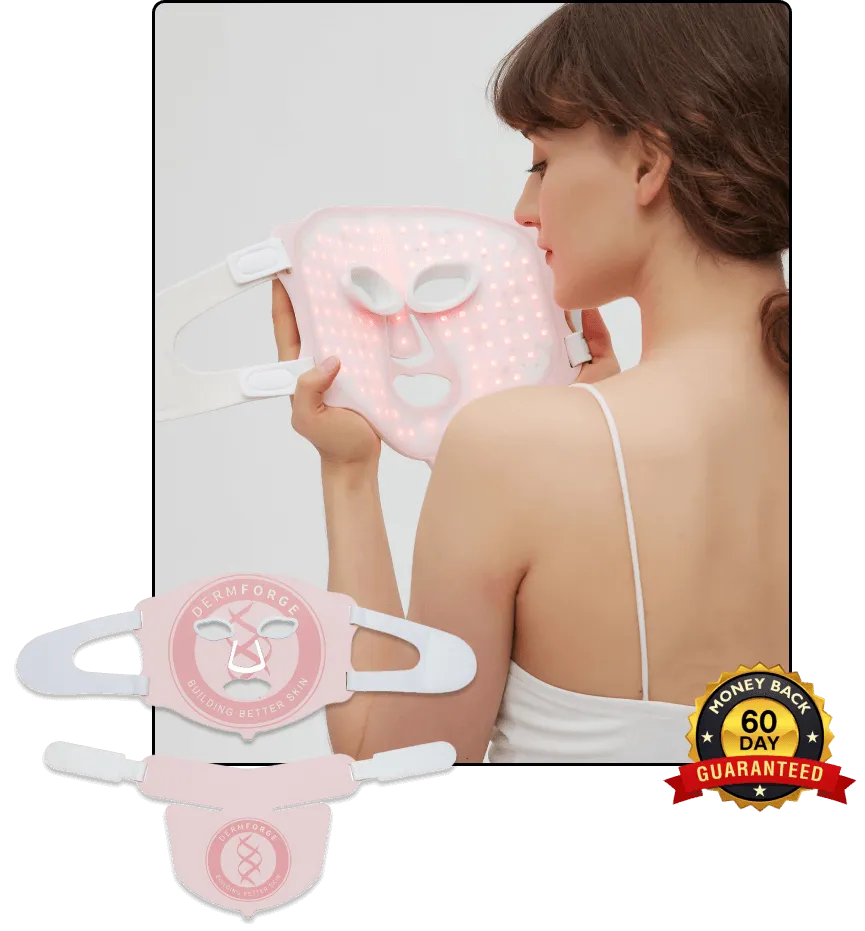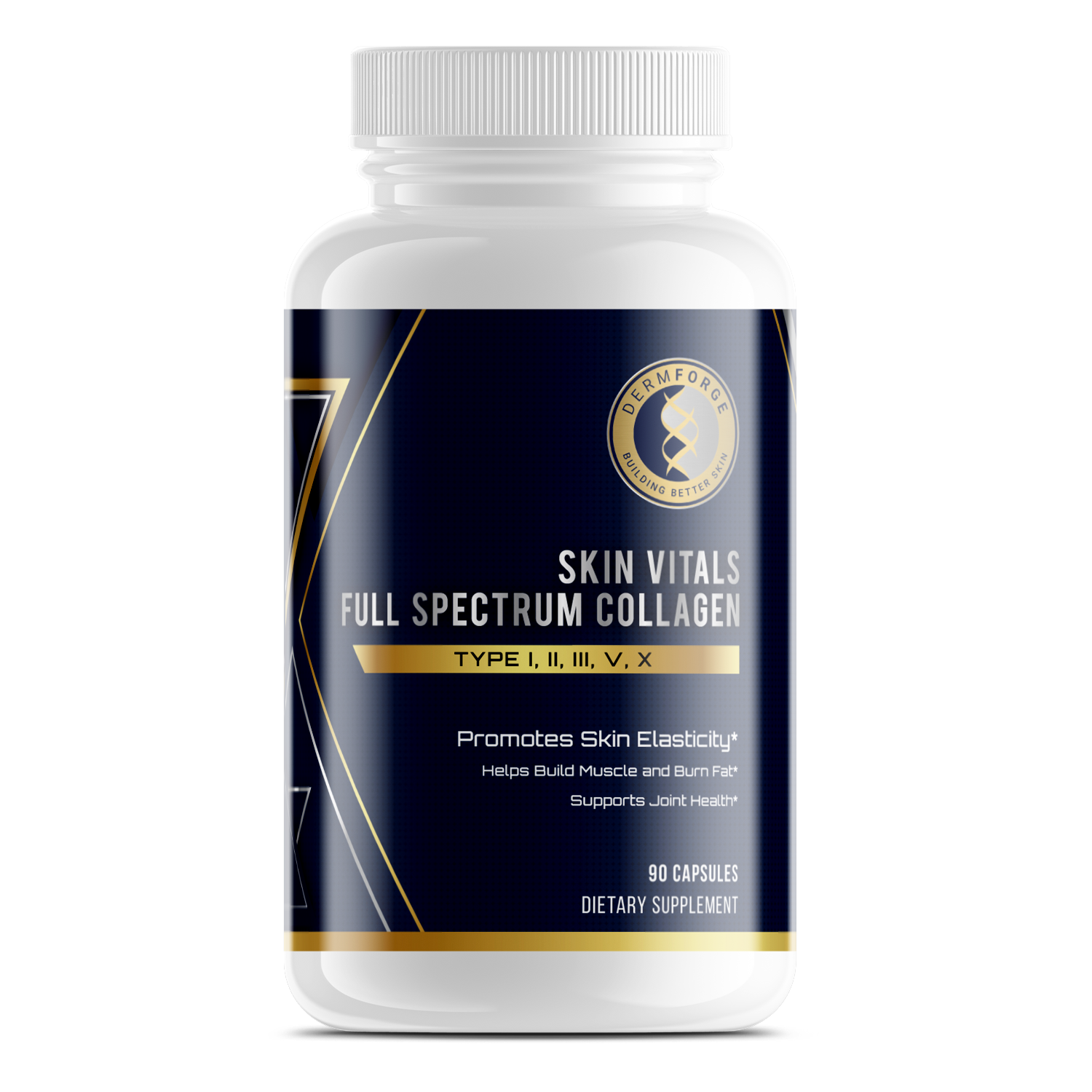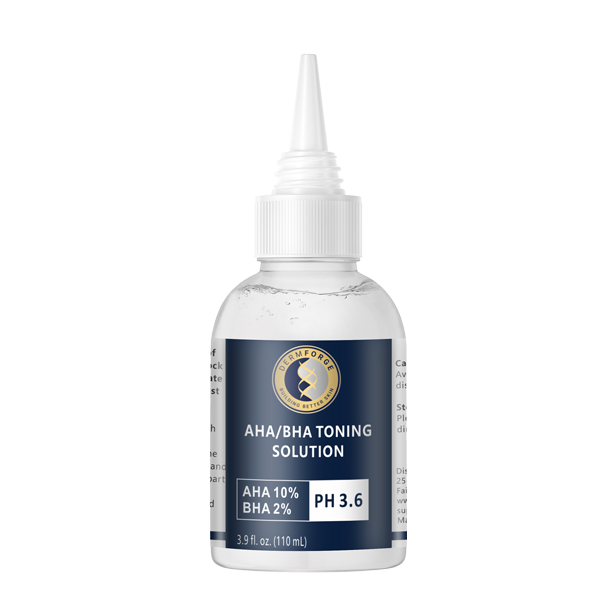As you age, it’s common to start noticing fine lines, wrinkles, and sagging skin staring back at you in the mirror. These visible signs of aging often lead to questions about what can be done to keep your skin looking firm and youthful. One effective approach is to support collagen production, as collagen is a crucial protein for maintaining skin elasticity. Supplements that serve as a source of collagen can provide potential benefits, helping to improve skin texture and reduce the appearance of aging.
One solution that’s currently gaining a lot of attention is collagen — a structural protein that’s important for maintaining skin elasticity, hydration, and strength. But what exactly is collagen, and can it help with skin tightening? Understanding the right collagen dose is essential, as it can influence the effectiveness of collagen supplementation in promoting firmer, more youthful-looking skin.
In this article, we’ll break down everything you need to know about collagen — from its types and benefits to the best ways to support your body’s natural collagen production. Let’s get started!
What is Collagen, and Why is it Important?

Collagen is one of the most abundant proteins in your body. It forms the foundation for your skin, hair, nails, bones, and joints. In the skin, it’s primarily found in the dermis (the middle layer) where it works alongside elastin to keep your skin firm and bouncy.
However, starting in your mid-20s, your body’s collagen production begins to decline. This decrease speeds up during menopause, eventually leading to thinner, less elastic skin that’s more prone to sagging and wrinkles (not to mention brittle nails, weak hair, and joint pain).
There are actually several types of collagen, but three specific types stand out when it comes to skin health:
Type 1 collagen
Type 1 collagen is the most abundant type. It’s mainly responsible for skin strength and elasticity. You’ll typically find type 1 collagen in collagen supplements. By replenishing your body’s natural supply of this collagen, supplements can help improve skin elasticity, reduce wrinkles, and even strengthen hair and nails.
Type 2 collagen
Type 2 collagen, on the other hand, mainly focuses on cartilage and joint health. This type of collagen is particularly effective in reducing inflammation in the joints and supporting overall joint resilience, so it’s a popular choice for people who are suffering from arthritis or joint stiffness.
Type 3 collagen
Type 3 collagen works alongside Type 1 to maintain skin structure and suppleness. When your collagen levels drop, your skin loses its youthful resilience, which is why many people turn to collagen supplementation (alongside some necessary lifestyle changes) to combat these effects.
Why Does Skin Lose Elasticity?
Collagen loss isn’t the only thing that causes a loss of elasticity. For example, if you spent a lot of time out in the sun during your youth, you’ve probably noticed that your skin isn’t as firm as it used to be. Let’s talk about the main reasons why skin loses its elasticity below:
Aging
Natural collagen production declines with age, which makes your skin less able to “bounce back.” By the time menopause hits, women may lose as much as 30% of their collagen. Don’t worry, though, because taking collagen supplements and doing LED light therapy treatments can help keep your skin looking youthful.
Environmental damage
UV rays from the sun are a major enemy of collagen. These harmful UV rays break down the fibers in the dermis and accelerate skin sagging. Pollution and smoking also contribute to skin sagging by creating free radicals that weaken collagen structures in the body.
Lifestyle choices
Poor diet, dehydration, and insufficient sleep can all impede collagen production as well. Without enough amino acids, vitamin C, zinc, and other nutrients, your body struggles to maintain healthy collagen levels. This is why eating a balanced diet (not to mention staying hydrated and getting enough sleep) is so important.
Do Collagen Supplements Actually Help?
The good news is that collagen supplements have been shown to replenish the body’s collagen stores, therefore improving skin elasticity and hydration. Research indicates that consistent use of collagen supplements can thicken the skin, reduce the appearance of wrinkles, and even improve firmness.
When picking out a collagen supplement, there are a few things you’ll want to consider. For example, the type of collagen, its source, and how well your body will be able to absorb it are all factors that matter more than you might think. We’ll be taking a closer look at one of the best collagen supplements on the market below.
The Best Collagen for Skin Tightening
With so many options on the market, it can be difficult to decide which collagen supplement is right for you. For skin tightening, we’d recommend this Skin Rehab High Dose Collagen Powder from DermForge.
This supplement combines Types 1 and 3 collagen, is sourced from grass-fed animals, and is designed to improve skin elasticity, hydration, and texture. With 10 grams per serving (a potent dose), you’ll see noticeable results within a few months of consistently taking it.
Another great option to consider is our Skin Vitals Full Spectrum Collagen Capsules!
What to Look for in Collagen Supplements

Some people put off taking collagen supplements because they’re not really sure what to look for when it comes to collagen products. This is understandable, and we’re here to help you narrow down your choices! Here are a few things to keep an eye out for when shopping for collagen supplements to effectively support collagen production:
Hydrolyzed collagen peptides
Hydrolyzed collagen is broken down into smaller amino acids, making it easier for your body to absorb. It’s often derived from grass-fed bovine or marine collagen and is excellent for improving skin elasticity and hydration.
Marine collagen
Derived from fish, marine collagen is known for its superior bioavailability, meaning your body absorbs it more efficiently. It’s particularly high in Type 1 collagen, which means it’s ideal for skin rejuvenation and hydration.
Other Ways to Boost Collagen and Improve Skin Elasticity
While collagen supplementation could certainly benefit your skin health, your skin will look a lot better if you pair collagen supplementation with a healthy lifestyle. Here are a few things we’d recommend doing when it comes to lifestyle changes:
Eat a nutrient-rich diet
Your body needs specific nutrients to produce collagen naturally. For example, it needs plenty of amino acids, which are found in protein-rich foods like chicken, fish, eggs, and beans.
Vitamin C is also essential for collagen synthesis. Citrus fruits, bell peppers, and broccoli are great sources of vitamin C. It’s important that you’re getting enough zinc and copper, too — these minerals are found in nuts, seeds, and whole grains.
Also, antioxidant-rich foods (like berries, spinach, and dark chocolate — yay) help protect existing collagen from free radical damage.
Stay hydrated
Dehydrated skin is more prone to fine lines and wrinkles. Drinking enough water daily, along with using a hyaluronic acid serum (hyaluronic acid plays a major role in helping your skin remain flexible and resilient), can help improve skin hydration and elasticity.
Protect your skin from the sun
As we mentioned before, UV rays are one of the biggest threats to collagen. Applying a broad-spectrum sunscreen with SPF 30 or higher every day can help prevent further sun damage. Wearing protective clothing, sunglasses, and hats when outdoors is also a good idea.
Use retinol and hyaluronic acid
Retinol is a vitamin A derivative that increases collagen production and helps smooth out fine lines. Hyaluronic acid, once again, has gained a lot of popularity for its ability to plump and firm sagging skin.
Exercise regularly
Physical activity increases blood flow, therefore delivering oxygen and nutrients to the skin. Studies show that exercise may even slow collagen loss as you age. You should try to exercise for at least 30 minutes, 5 days per week. Even a quick walk during your lunch break will be better than nothing!
Get enough sleep and manage your stress
Your body produces collagen while you sleep, so you should try to get 7-9 hours per night to support collagen production. Chronic stress, on the other hand, elevates cortisol levels, which can break down collagen over time. Practices like meditation, yoga, or even going for a walk can help reduce stress and promote healthier skin.
What to Expect with Collagen Supplements
If you’re consistent with taking your collagen supplements, which serve as a great source of collagen, you may start to notice improvements in skin hydration and elasticity within 8-12 weeks. However, you should keep in mind that results vary based on factors like age and diet.
If you’d like to further enhance the effects of collagen supplementation and boost collagen production, you can do red light therapy treatments with an LED face mask. Red light therapy uses low levels of red light (i.e., it’s super non-invasive) to improve your skin’s health and appearance, offering potential benefits like reducing wrinkles, fine lines, scars, and even acne.
Both collagen supplementation and red light therapy could easily be incorporated into your skincare routine. Red light therapy sessions only take about 15 minutes, and collagen supplements can be taken in the morning before you eat breakfast.
Conclusion
Your natural collagen production is going to slow down with age. This is perfectly normal, but it can make some people with dry skin or loose skin feel discouraged. Thankfully, taking supplements like the Skin Rehab High Dose Collagen Powder and Skin Vitals Collagen Capsules by DermForge, which are excellent sources of collagen, can help replenish your body’s collagen levels.
By pairing these supplements with healthy habits (e.g., eating a balanced diet, staying hydrated, protecting your skin from UV damage, and getting enough sleep), you can support your skin’s elasticity and fight the visible signs of aging, maximizing the potential benefits of your collagen supplementation.
Place your order on our website now!






